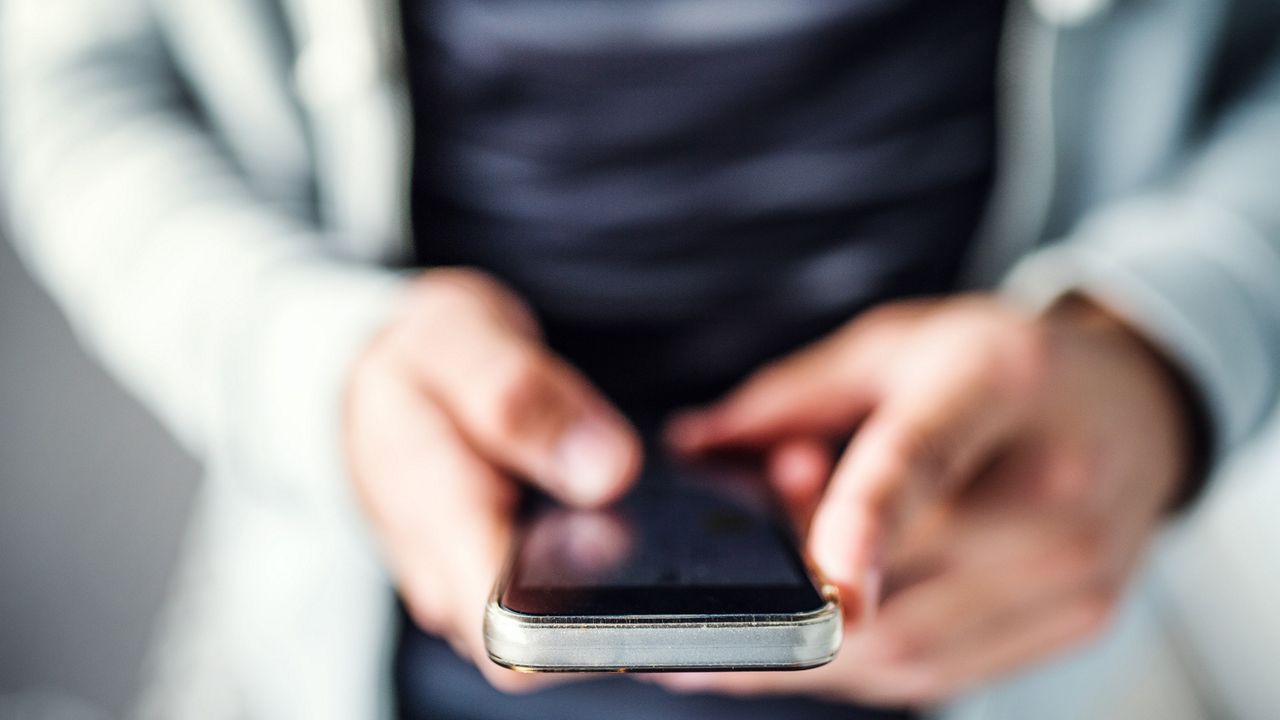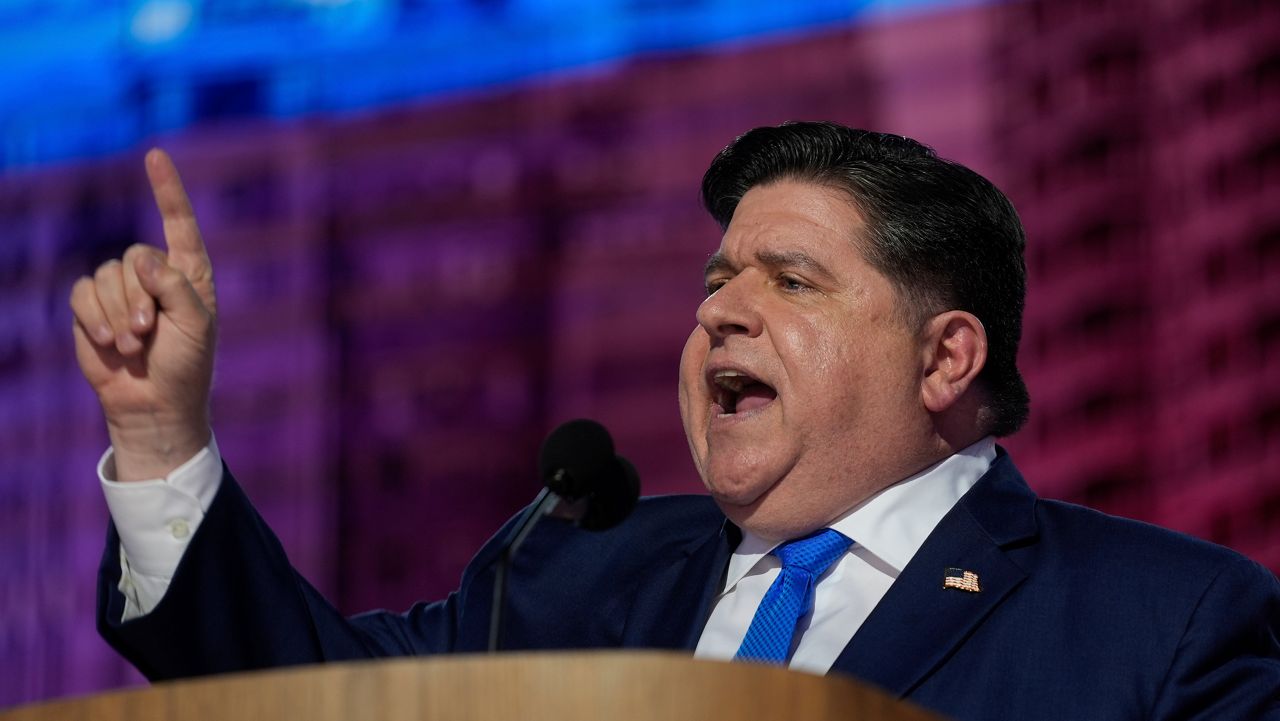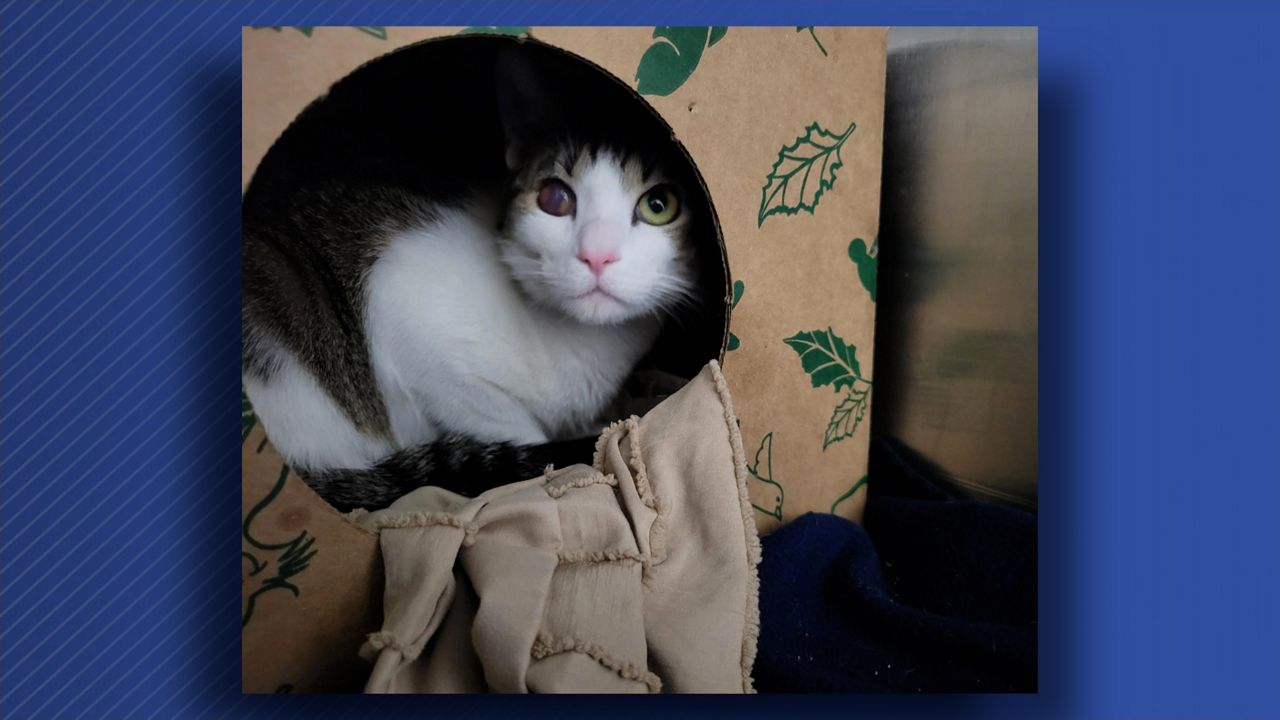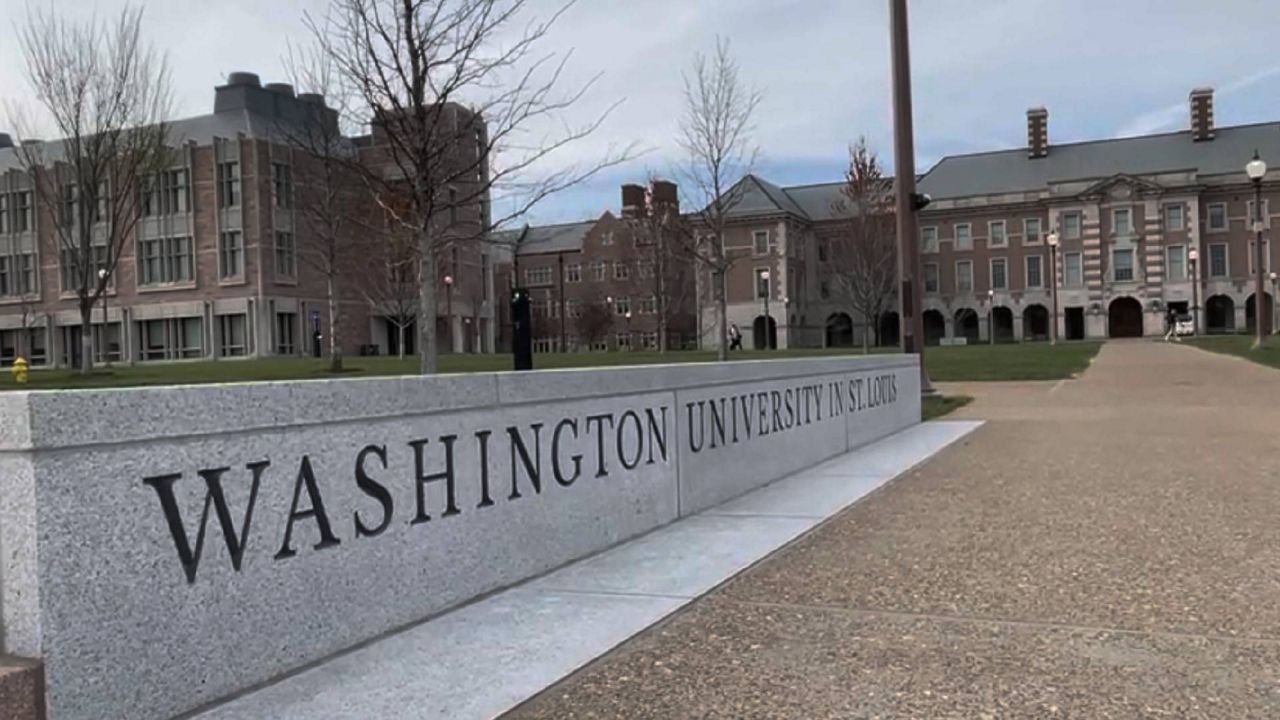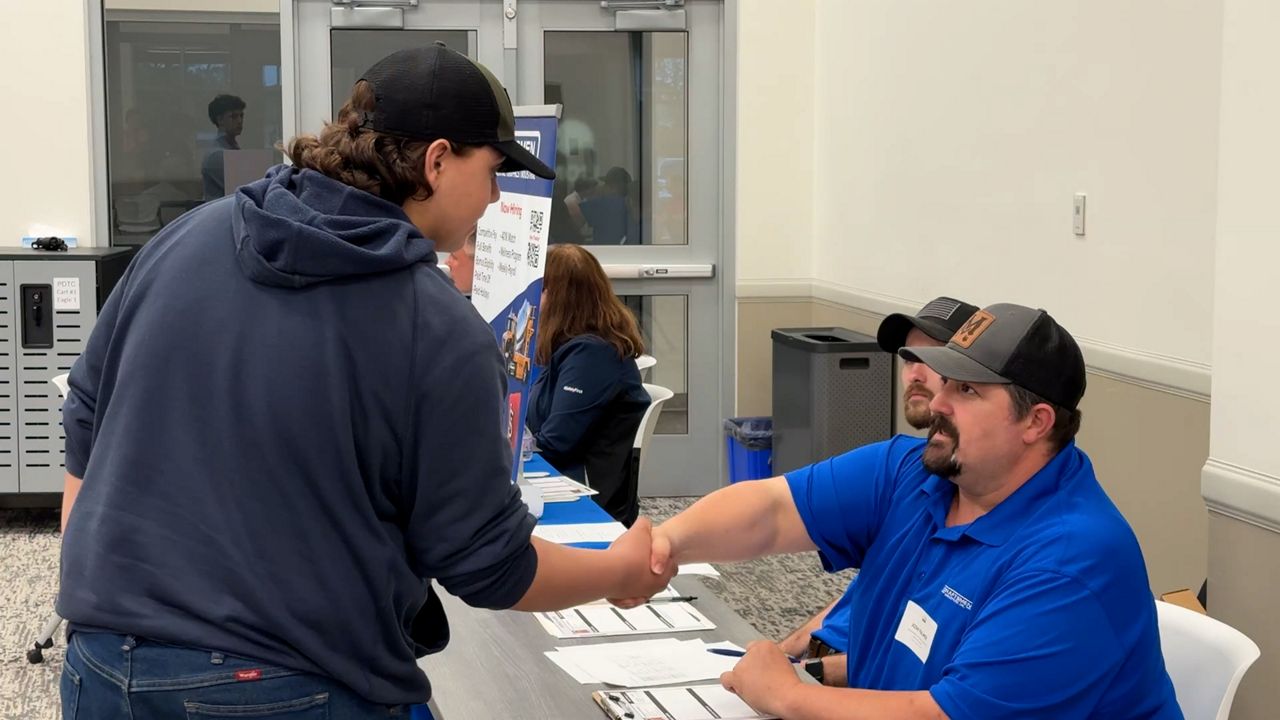ST. LOUIS — Since the nationwide launch of 988 over the past year, the success of the behavioral health crisis line has been “over the top” in St. Louis and statewide.
That’s according to Bart Andrews, chief clinical officer with Behavioral Health Response (BHR) in St. Louis. The nonprofit provides 24-hour access to mental health services and is comprised of trained clinicians and professionals.
By calling or sending a text to 988, people experiencing a behavioral health crisis can receive help in a matter of seconds in Missouri and nationwide. The average response time is 15-20 seconds in Missouri, but Andrews cautioned there may be longer wait times.
Missouri handles roughly 4,500 behavioral health crisis calls monthly with an average response time of 15 seconds, which puts the state in the top five for its response and answer rate.
“We’re normalizing reaching out for crisis services when you need to talk to somebody. We’re providing an alternative if you’re having a mental health emergency to 911. If you need to talk to somebody, you can call 988, you don’t need to call 911,” Andrews said.
BHR is the largest 988 provider in the state, handling approximately 2,100 calls per month, according to Andrews. With the level of phone calls the agency receives, he said BHR has “the best answer rate in the country” at 95%.
The agency was able to integrate the 988 system within its existing infrastructure, “which has been a huge advantage,” according to Andrews.
“Missouri is actually one of the leaders in the nation in terms of its timing effort. There’s no state that’s done any better than Missouri,” he said.
Furthermore, mobile outreach services have been expanded and improved in Missouri, and 988 efforts have been able to keep people out of hospitals for behavioral health issues, according to Andrews.
“Unfortunately, a lot of people that are having a suicide crisis end up at the hospital. We have no information that taking people to the hospital in a suicide crisis is a good thing,” he said. “We have a lot of information that it actually probably increases their risk long term because typically, hospitals don’t actually address a suicide crisis in a helpful way.”
“With 988, we’re doing better care coordination, we’re keeping people out of the hospital, we’re getting people services where they need them and helping them get the care.”
People can call or send a text to 988 wherever they are in the country 24 hours a day, seven days a week. They also can chat through a 988 web link. Texts and calls also can be made on behalf of others. The 988 service is free.
Andrews said 988 calls are routed regionally to six local crisis providers throughout the state. If a provider is busy, the call rolls over to another Missouri center, Provident Behavioral Health, and if that agency cannot answer, then the call transfers to a national backup system.
“This way, the lifelines are answering a huge majority of their calls and making sure that someone in a suicide crisis gets a live answer no matter what, which is pretty incredible.” Andrews said.
Additionally, there is a youth connection helpline in St. Louis where 60% of calls regarding adolescents are from schools, clinics or someone connected to them, according to Andrews.
He mentioned BHR is in the process of expanding its crisis response units. In St. Louis City, before the agency worked with law enforcement, Andrews said 85% of people who experienced a behavioral health crisis were taken to the hospital by police whether or not they wanted to go.
With BHR’s co-responder teams, that percentage has decreased to under 10%.
“Prior to that, there was no active linkage to care after somebody was taken to the hospital via law enforcement. Now, we’re actively ensuring clients are getting linked with services,” Andrews said.
“There’s a huge movement at what we’re transforming the behavioral health system to be a part of the first responder system along with EMS, along with fire, that you’ve got a behavioral component to your first responder system.”
He added that St. Louis “has some of the most progressive and transformative behavioral health and law enforcement initiatives in the nation right now and that’s starting to be publicly acknowledged.”
Feedback from 988 users has been “overwhelmingly positive.”
“People absolutely love it. The ability to get competent, well-trained behavioral health assistance without having to leave your home is an amazing thing,” Andrews said.
With the strategy of building capacity first, there has been little to no significant marketing on state and national levels for 988, and so over the next year, Andrews said there will be “a lot more” marketing to bring awareness.
Additionally, Andrews said he is looking forward to working on better coordination with law enforcement and having 911 calls related to behavioral health sent over to the crisis centers.
“I think it's important that people know if you are struggling with something and you need to talk to somebody, call 988,” he said.
“If you're worried about somebody, call 988. If you want somebody to come out and see you in Missouri and you're worried you can't afford that type of service, it's paid for. Call 988 and request an outreach. We want to get that information out to folks.”
For more information about 988, click here.





